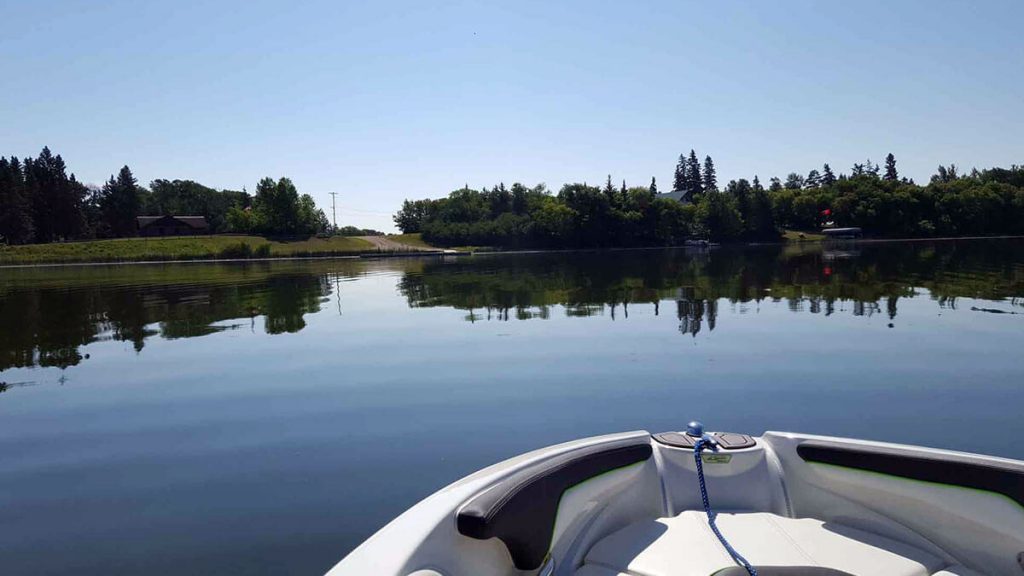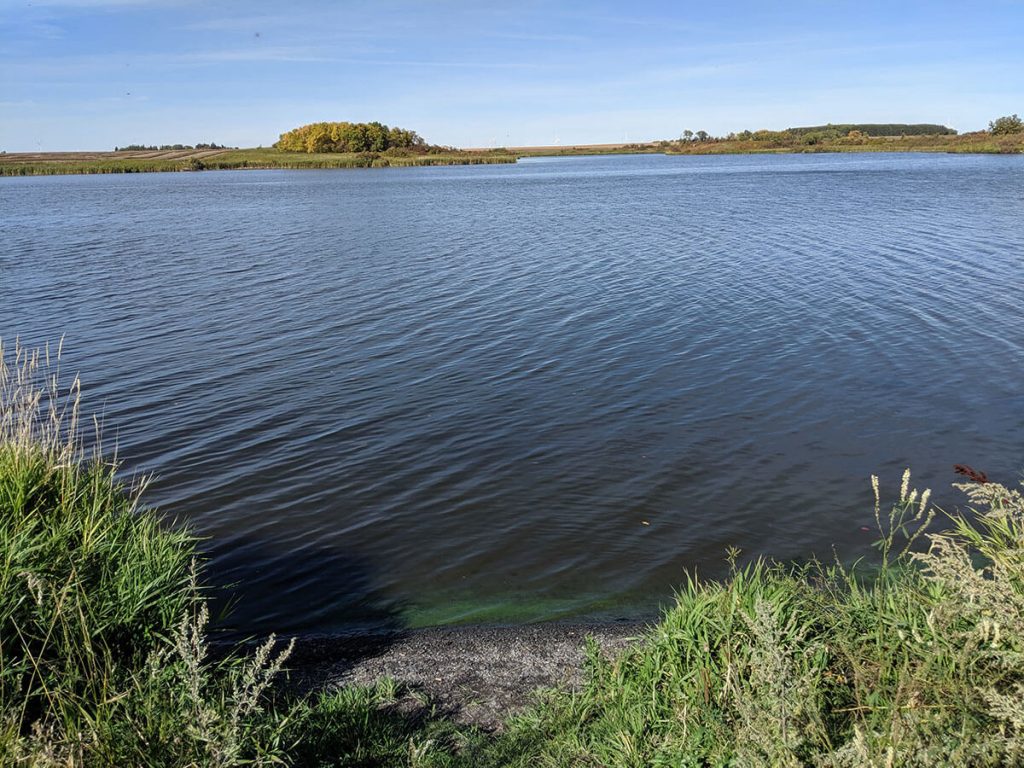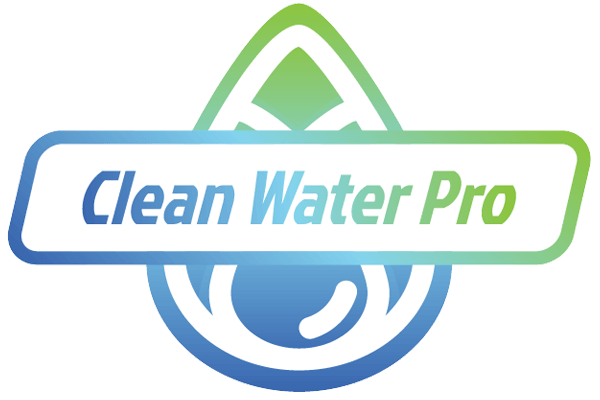What is a Lake Management?
Lake management manages a lake’s resources and environment to maximize its capabilities and potential. It involves various activities, such as water quality monitoring, nutrient management, controlling aquatic vegetation, recreational use management and habitat protection. To ensure successful lake management, the needs of the local environment, fish and wildlife resources, recreational uses and other stakeholders must be considered.
What is in the water, and why does it matter?
Environmental water quality monitoring is critical to managing water resources in ponds and lakes. It involves assessing water’s chemical, physical and biological characteristics to determine if it meets certain standards. By testing water for indicator pollutants, pollutants from various sources can be detected and potentially managed to protect drinking water and aquatic ecosystems.

Biochemical cycles in lakes are the processes by which elements and compounds necessary for life are continually recycled and reused in the lake environment. These cycles are important for maintaining the health of the lake and its ecosystems and providing important resources for humans.
Nutrient management in lakes is a critical environmental issue that needs to be addressed. Nutrients, such as nitrogen and phosphorus, are essential for the growth of plants, but too many nutrients can cause an imbalance in the aquatic ecosystem resulting in algal blooms.
Sediment-water dynamics in lakes is the process of sediment accumulation and erosion, which can affect the lake’s overall chemistry and ecology. This process has implications for nutrient cycling, water clarity, and the lake’s overall health, as it can lead to changes in the biological and chemical makeup of the lake.
Controlling aquatic weeds in a lake can be challenging due to their fast-growing nature and ability to spread quickly. However, various strategies and tools help control their growth, including hand harvesting, mechanical weed cutters, fine bubble aeration, and aquatic plant management. Each of these strategies has its own benefits and drawbacks and needs to be assessed on a case-by-case basis. It is also important to consider the impacts on the overall aquatic ecology of the lake.

In the modern world of pollution, runoff from industrial and agricultural land directly affects the quality of freshwater sources, such as lakes and rivers. Effective management and monitoring of these freshwater sources are essential for maintaining the health of our environment. Pollutants can deplete oxygen levels in the water, which can cause fish and other aquatic life to die off, leading to ecological degradation. By monitoring water quality, we can better understand the environmental conditions around us and take steps to protect and preserve our resources.
Water pollutants are substances that can harm the health of humans and ecosystems when they enter and persist in water bodies. Common water pollutants include heavy metals, nutrients, sewage, agricultural runoff with pesticides and fertilizers, and oils and fuel. These pollutants can degrade water quality, which can cause a range of environmental impacts, such as the death of fish and other aquatic organisms, altered growth or behaviour, and changes to water resources.
Our team at Clean Water Pro offers lake management services for fishery lakes and other commercial water bodies. Check out our water body solutions for more information about our services!
